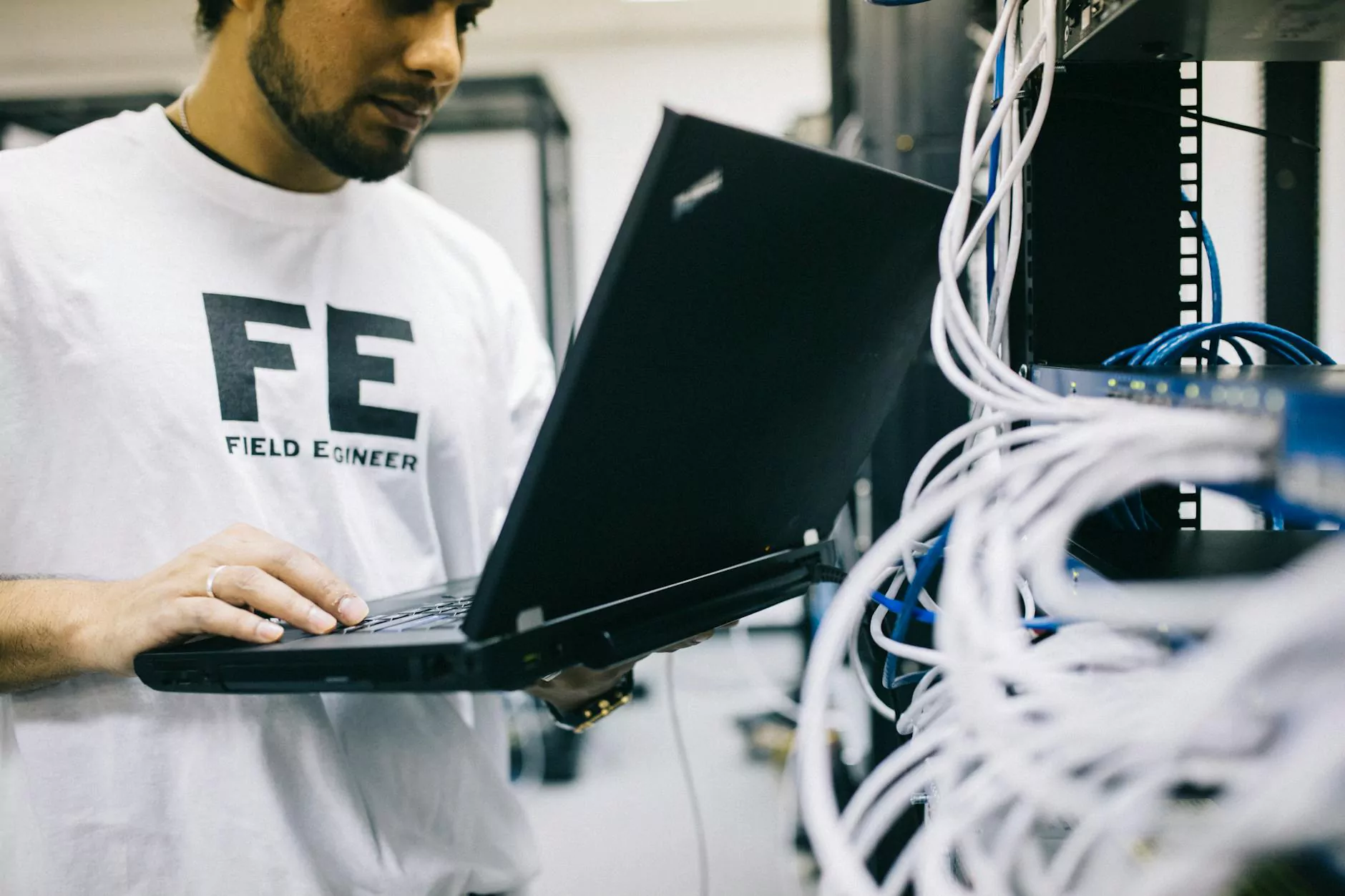Precision CNC Machining China: Elevating Manufacturing Standards

Precision CNC machining stands as a hallmark of modern engineering and manufacturing, particularly in China, where the industry has thrived and evolved. Companies like Deep Mould have mastered this art, offering unparalleled services that cater to diverse sectors. In this article, we will explore various facets of precision CNC machining in China and why it has become the backbone of contemporary manufacturing.
Understanding CNC Machining
CNC stands for Computer Numerical Control. It refers to the automated control of machining tools (like drills, lathes, mills) by means of a computer. CNC machining maximizes efficiency and accuracy, allowing manufacturers to produce complex parts with a high degree of precision.
What Makes China a Leader in Precision CNC Machining?
Over the last few decades, China has firmly established itself as a front-runner in the field of precision CNC machining. Several factors contribute to this status:
- Advanced Technology: China has invested heavily in the latest CNC machinery and software, ensuring high production rates and exceptional accuracy.
- Skilled Workforce: The country boasts a large pool of trained engineers and technicians adept in modern machining techniques.
- Cost Efficiency: The competitive pricing of manufacturing services in China allows businesses worldwide to save significantly on production costs.
- Strong Supply Chain: China’s extensive network of suppliers and logistics makes it easy to source materials and deliver finished products quickly.
The Advantages of Precision CNC Machining
Embracing precision CNC machining comes with a myriad of benefits. Here are some of the most significant advantages:
1. High Precision and Accuracy
One of the defining characteristics of CNC machining is its ability to produce parts with micrometric precision. This level of accuracy is crucial for industries such as aerospace, automotive, and medical devices, where tolerances are tight and even minute errors can lead to catastrophic failures.
2. Complex Geometries
With programming driven by mathematical models, precision CNC machining can effortlessly create intricate designs that would be impossible or cost-prohibitive to produce manually. This versatility opens the doors to innovative product designs.
3. Consistency and Repeatability
Once a design is programmed into the CNC system, those same specifications can be replicated again and again without any deviation. This consistency is vital for mass production where thousands of identical components are required.
4. Flexibility in Materials
CNC machines can work with an extensive range of materials, from various metals to plastics. This flexibility enables manufacturers to meet diverse demands without significant changes in setup.
Industries Benefiting from Precision CNC Machining
The reach of precision CNC machining spans across numerous industries. Below are some sectors that benefit immensely from this technology:
- Aerospace: Components like turbine blades and structural parts require extreme precision, making CNC machining crucial.
- Automotive: From prototype production to final parts manufacturing, the automotive industry relies on CNC for its engineering demands.
- Medical: Surgical instruments and implants must meet stringent tolerances; CNC machining delivers the requisite precision.
- Electronics: Precision machining is used to create casings and parts for various electronic devices, enhancing product durability and functionality.
How Precision CNC Machining Works
Understanding the workflow of precision CNC machining is essential for businesses looking to leverage this technology:
1. Designing the Part
The process begins with creating a detailed 3D model of the desired component using CAD (Computer-Aided Design) software. This design is crucial as it dictates every aspect of production.
2. Converting to G-Code
Once the design is complete, it is converted into G-Code, a programming language that CNC machines interpret as instructions on how to move, cut, and shape the material.
3. Material Setup
The chosen material is securely placed onto the CNC machine. Proper setup is crucial to ensure that the machining will be accurate and efficient.
4. Machining Process
The CNC machine executes the programmed instructions, cutting, drilling, or milling the material to produce the final part. This phase is where the precision of CNC machining truly comes into play.
5. Inspection and Quality Control
After the machining, each part undergoes rigorous inspection and quality control processes to guarantee that it meets the predefined specifications.
The Role of Deep Mould in Precision CNC Machining in China
Deep Mould, based in China, is a pioneer in precision CNC machining. With years of experience and a commitment to excellence, Deep Mould utilizes cutting-edge technology to fulfill the exacting demands of various industries. Their equipment ranges from advanced multi-axis machines to state-of-the-art software that ensures every component is crafted with precision.
Quality Assurance at Deep Mould
Quality assurance is a cornerstone at Deep Mould. The company employs ISO 9001:2015 certified processes ensuring every product adheres to international standards. This commitment to quality not only enhances customer satisfaction but also builds long-term partnerships with clients.
Customer-Centric Approach
Deep Mould prides itself on delivering tailored solutions. By deeply understanding their clients’ needs, they assist in optimizing designs and production processes, ensuring a superb end product.
Future Trends in Precision CNC Machining
The field of precision CNC machining continues to evolve, bringing forth new technologies and methodologies. Here are some emerging trends:
1. Integration of Automation
Automation in CNC machining reduces the need for human intervention, enhances efficiency, and minimizes errors. Companies are moving towards fully automated systems that drive productivity.
2. Advanced Materials
The development of new materials, such as composite materials and advanced alloys, is opening new avenues for precision machining, allowing for lighter and stronger components.
3. CNC Machining with AI
AI technologies are being integrated into CNC machining processes to optimize workflows, predict maintenance needs, and improve overall operational efficiency.
4. Sustainable Manufacturing Practices
There is a growing emphasis on sustainability in manufacturing. Precision CNC machining is adapting through waste-reducing practices and the utilization of eco-friendly materials.
Conclusion: Embrace Precision CNC Machining in China
In conclusion, precision CNC machining in China exemplifies the pinnacle of modern manufacturing. The benefits derived from its implementation are undeniable, with industries reaping the rewards of precision, flexibility, and efficiency. Companies like Deep Mould stand at the forefront of this revolution, leading with technology, skilled craftsmanship, and quality assurance. By embracing precision CNC machining, businesses foster innovation, meet rising demands, and maintain a competitive edge in the ever-evolving market landscape. For a reliable partner in precision machining, look no further than Deep Mould.
precision cnc machining china


